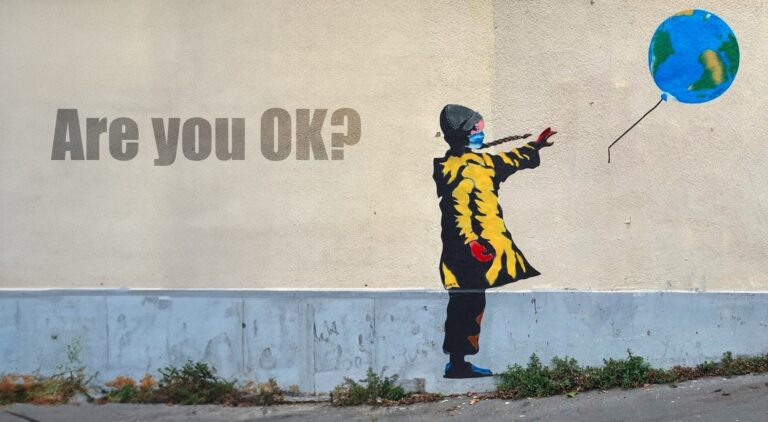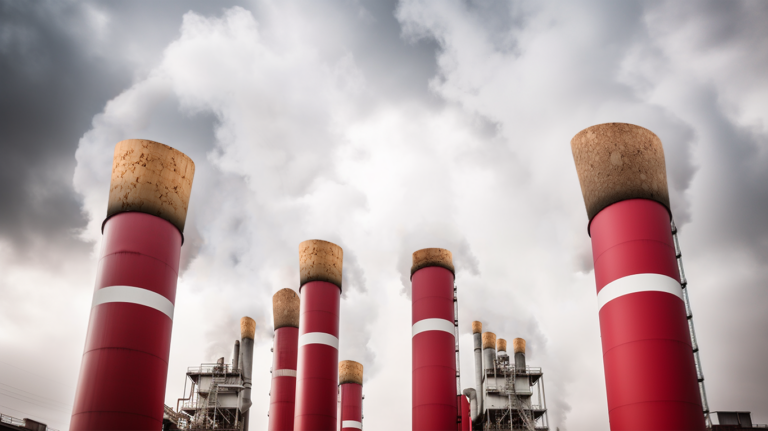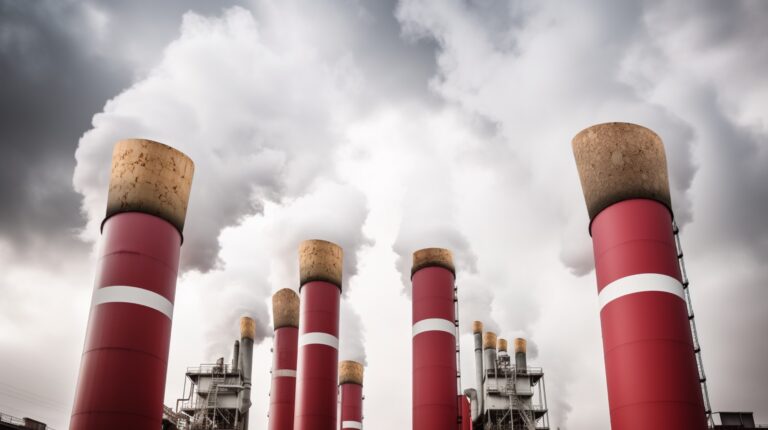If you’re receiving this email, there’s a good chance you already know that “this” refers to the report released on Monday by the United Nations Intergovernmental Panel on Climate Change (IPCC). (I’d understand if you guessed the Russian invasion of Ukraine though—that’s also extremely distressing.)
There’s no way to sugar-coat it. It’s a terrifying report.
The Guardian summarizes the key takeaways here and here. It’s being referred to as the IPCC’s “bleakest report yet.”
António Guterres, the UN Secretary-General, was unequivocal in his reaction to the report:
“This abdication of leadership is criminal. The world’s biggest polluters are guilty of arson of our only home.”
He called out the hypocrisy of G20 governments—such as Canada—that have agreed to stop funding coal abroad but not at home. “Coal and other fossil fuels are choking humanity,” said Guterres.
The report puts the oil and gas industry on notice. “You cannot claim to be green,” said Guterres, “while your plans and projects undermine the 2050 net-zero target and ignore the major emissions cuts that must occur this decade. People see through this smokescreen.”
In case there was any doubt, he spelled it out: “Delay means death.”
While the report is distressing, it’s also empowering. The gloves have finally come off, and we can tell it like it is:
Delays by Nova Scotia Power to shut down its coal-fired power plants and its attempts to kneecap the renewable energy industry in the province are criminal.
New Brunswick’s recent efforts to delay the closure of the coal-fired Belledune Generating Station to 2040 are criminal too. For those who may not know: “Belledune is the heaviest-emitting power plant in Atlantic Canada” (National Observer, December 7, 2021).
In New Brunswick, taxpayer funding going to the development of small modular nuclear reactors—a super-costly, decade(s)-long, experimental technology that doesn’t actually exist in the real world—is a brazen distraction from investing in clean renewable energy. This delay will result in more deaths from climate change, both at home and abroad.
Allowing more oil and gas exploration and drilling off the coast of Newfoundland and Labrador is unconscionable and—yes—criminal. Currently, the Federal Cabinet is deliberating whether or not to approve the Bay du Nord project, which would produce up to 73 million barrels per year for 30 years, equivalent to adding 7-10 million fossil fuel cars to the road or building 8-10 new coal power plants. The Cabinet’s decision is expected any day now.
Will elected leaders and CEOs, who are aiding and abetting the fossil fuel industry, be held accountable for their crimes? Perhaps not right away, but they will certainly be vilified in the history books to come.
There is no neutral ground here. Elected leaders have an obligation to stop further fossil fuel extraction, fund clean renewable energies, and address energy poverty. They also have an obligation to protect all remaining forests, wetlands, water, wildlife, and fragile ecosystems—that means no more clearcutting, building on wetlands, or open-pen fish farms.
Multinational corporations that are unable to pivot from prioritizing profit to safeguarding the environment and the future of civilization must step aside.
It’s a lot to take in. I get it. If you’re feeling overwhelmed, join the club. I take it as a sign of sanity. But it can be especially hard when you don’t know what to do about it, or if you don’t have people in your circles who get it.
So, here’s my invitation to you: If you don’t have any excitement planned for Friday evening (March 4), join me on Zoom at 7 pm. Let’s talk, listen, share, and laugh.
There are things we can do, and we’re more powerful when we do them together.
Thinking of you,
Tynette
Beyond Coal Atlantic campaign
Sierra Club Canada Foundation–Atlantic Chapter
P.s. You can read the full transcript of the UN Secretary-General’s address here.




